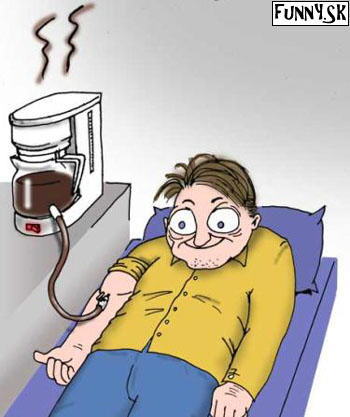
Addictions are something that we are warned about from a young age. Whether it was from your parents talking to you about weed, cigarettes, and alcohol, or your grade school events like DARE, we have all been taught what is “right” and “wrong.”
So what happens when we are in college and the choices that we make are not as closely monitored and peer pressure is constantly surrounding us? And what about the everyday snacks that we grab to eat or drink? Can they become addictions, too?
According to the Encyclopedia of Psychology, the definition of “addiction” reads: “Addiction is a condition in which the body must have a drug to avoid physical and psychological withdrawal symptoms.” Although this is true, addictions can be found in more than just drugs.
In a massive medical research done by multiple leading universities such as Harvard and government laboratories, they tested the foods and drinks of many leading fast food companies. This resulted in the finding that these are not simply unhealthy; they can hijack the brain in a way that mimics the affects that addiction to nicotine, cocaine, and marijuana have done to the brain.
Here at Pace, and at just about any college for that matter, the addiction to caffeine seems to be one of the most common.
Sophomore english major Taylor Steinberg stated, “I definitely have a caffeine addiction and I tend to drink it more during mid-terms and finals. The worst right now for me is red bull – I grab them multiple times a day to help me stay awake and study.”
She isn’t the only one here at Pace with this need for caffeine. When a classroom full of 30 students was asked, “who here believes they have a coffee or caffeine addiction?” only six students were left with their hands down.
In a book written by Stephen Cherniske called “Caffeine Blues,” he writes, “when you consume caffeine, the drug begins its effects by initiating uncontrolled neuron firing in your brain. This excess neuron activity triggers your pituitary gland to secrete a hormone that tells your adrenal glands to produce adrenalin. Adrenalin is what gives athletes that winning burst of energy and good samaritans the ability to rescue people by lifting cars.”
Adrenalin is also the source of our “fight-or-flight” response, which enabled our prehistoric ancestors to escape from saber-toothed tigers and other predators. By stimulating your adrenal glands to produce adrenalin, caffeine puts your body in this “fight-or-flight” state, which is useless while you’re just sitting at your desk. When this adrenal high wears off later, you feel the drop in terms of fatigue, irritability, headache, or confusion.
Cherniske calls your body’s constant state of alert “caffeinism,” which is characterized by fatigue, anxiety, mood swings, sleep disturbance, irritability, and depression.
“I have an addiction to coffee; I drank it every day in college to help me study, and even now still that I’ve graduated. I cannot get myself to function throughout the day if I don’t have coffee,” shared graduate psychology and childhood education major Emily Henderson.
So what are we supposed to do about our addictions, whether they are to foods or caffeine?
First, the best thing to do is to take notice and to not deny that you have one. Begin to take note of how your body is reacting when you don’t have it and moderate your intake. While it’s hard for us to survive those all-nighters without our pumpkin spiced lattes, we don’t need them on a daily basis just to take to class. Grab a fruit juice or water instead. Your brain and your body will thank you.
